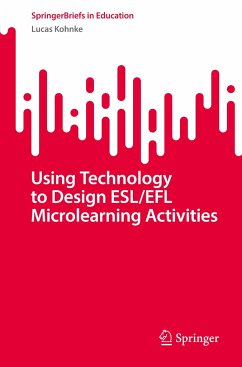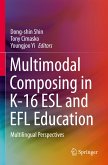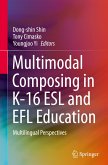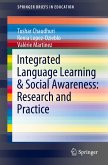This book provides strategies, tools, and best practices for incorporating microlearning in English language teaching. It aims to help teachers create and deliver microlearning mechanisms that are optimized for mobile learning. This book also draws on relevant literature and the author's first-hand experience designing microlearning activities for English learners. It covers important aspects of microlearning, including artificial intelligence, virtual reality, augmented reality, and mixed modalities. It is an important starting point for teachers, academics, and researchers interested in the principles and practice of microlearning in English language teaching.
English language teachers in formal and informal education environments find this work thought-provoking, instructive, and informative and benefit from exploring the possibilities of microlearning to motivate and engage learners and maximize the number and quality of their learning experiences.
English language teachers in formal and informal education environments find this work thought-provoking, instructive, and informative and benefit from exploring the possibilities of microlearning to motivate and engage learners and maximize the number and quality of their learning experiences.








